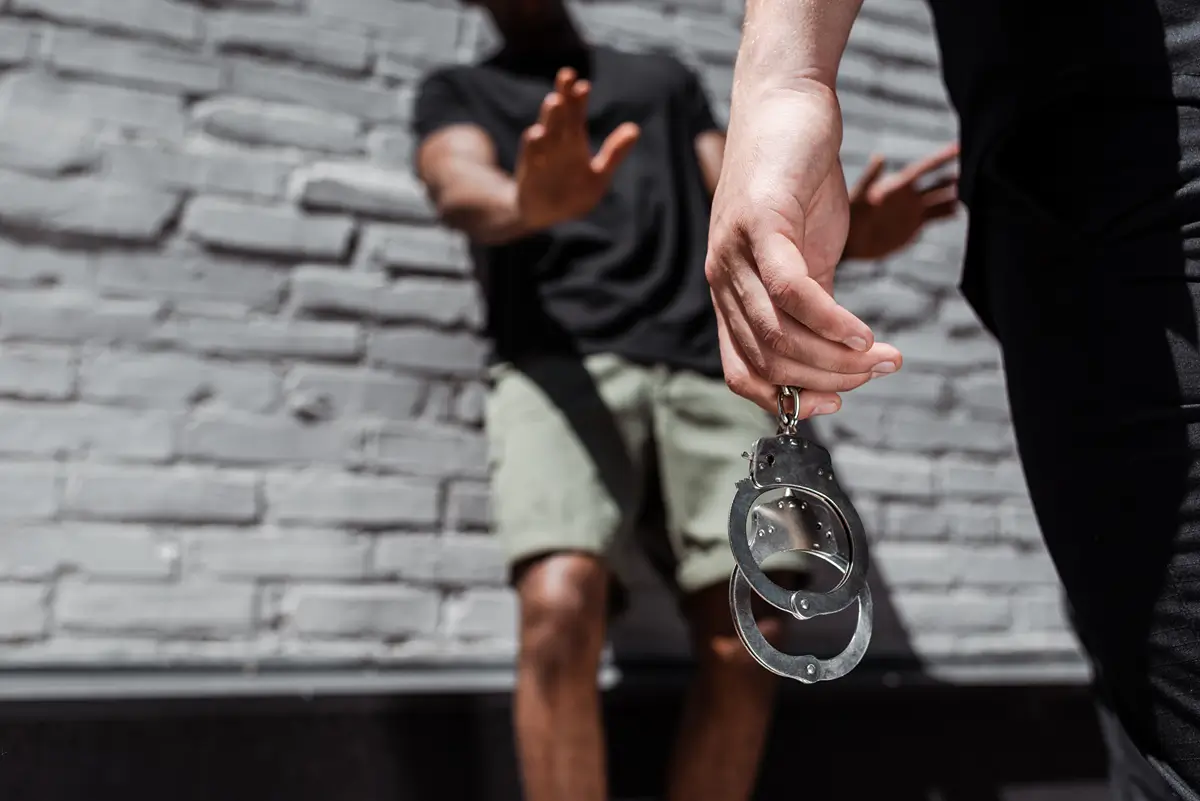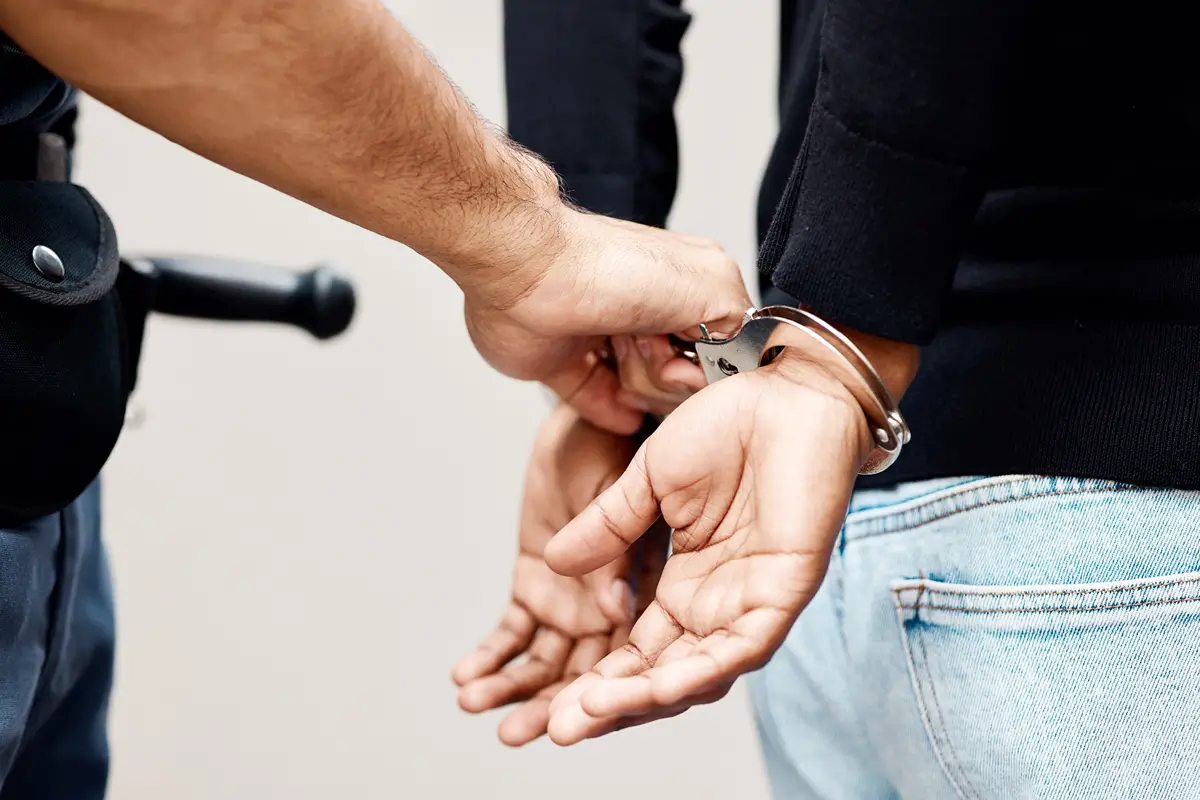Confidential Informants are civilians who work with police agencies to gather evidence used to arrest and prosecute suspected criminals. There’s a significant difference between a Confidential Informant and an Anonymous Tipster. Tipsters are usually people who are calling the police either because they see a crime in progress, such as with a DUI, or are responding to a public request for knowledge about a SPECIFIC crime, such as a murder. Informants, on the other hand, have a regular and recurring relationship with the police agencies they “work” for.
There are two major types of Confidential Informant. The first type works for cash payments directly, and the second type works as an Informant in order to avoid prosecution or to reduce the severity of their own punishment. The most common types of investigations that will encounter Confidential Informants are drug-related cases. In these cases, the Informant will either arrange to purchase drugs from a specific individual at the direct request of the police, or they will locate an individual who is in the drug trade on their own and bring information about that suspected dealer to the police. Once a drug deal is arranged, the Informant will be searched by the officer assigned to handle him, provided with marked money, and driven to the area where the deal is supposed to happen in order to purchase the drugs. This is known as a “controlled buy.” Once the buy is completed, the Informant returns to the police officer, he turns over the drugs, and is again searched and asked to provide a complete statement regarding what happened.
Confidential Informants create some interesting issues when trials come around. Under normal circumstances, because of the right to confront and examine the witnesses against you at trial any individual who claims to have seen you commit a crime needs to appear in open Court and provide testimony. Normally it would be impossible for one witness to testify about what another witness may have seen or heard and what they would say in trial. But because of the concerns for the safety of the Confidential Informant an exception exists that allows a police officer working with the Informant to testify as though he himself were the Informant. This exception does have limits, however. For the officer to testify on behalf of the Informant, he needs to have kept the informant under observation during the controlled buy. This can be accomplished by either physically watching the informant conduct the buy from a distance (usually using binoculars or a similar long-distance viewing device) or by having the Informant wear an audio or video recording device, which is normally referred to as a “wire.” In cases where neither of those exceptions apply, it may be necessary to bring the Informant in to testify at trial. This is generally referred to as “burning” the informant.
It’s not unheard of for the police to offer individuals who have no or limited criminal histories the “opportunity” to work as a Confidential Informant in order to avoid being booked into jail and charged with an offense. Our strong advice is to NOT accept this offer. First, the types of individuals usually offered an “agreement” to work as an Informant aren’t usually charged with high-level offenses, and a good attorney can probably mitigate most if not all of the penalties that the individual would be facing. Second, the police will rarely put into writing WHAT the terms of the Confidential Informant “agreement” are, so you could find yourself working as an Informant for far longer than you originally thought you were agreeing to. For example, the police could tell you that you only need to set up five controlled buys, but then decide later that the buys weren’t good enough and you need to do more. Without having a written agreement, you have no ability to complain later. Third, and most importantly, working as a Confidential Informant is DANGEROUS. The saying “snitches get stitches” isn’t a quaint playground saying. Confidential Informants do get hurt and sometimes do get murdered. Your life isn’t worth the POSSIBILITY of avoiding criminal charges. Declining the police “offer” and finding a good attorney is much more important for your future health.
Because of the nature of how evidence in Confidential Informant cases is collected, many cases involving Informants do require “damage control” pleas to minimize the penalties a defendant faces. Even still, your case remains unique and there could be defenses available to you, even though an Informant is listed as a witness against you. It’s why you always need to at least consult with an attorney prior to deciding on how to best resolve your case.
At Razumich & Associates, our goal is to make sure that each of our clients receives the personalized attention that their cases deserve so that they can make the best possible decisions on important matters affecting their future. We personally meet with everyone who sets an appointment with our office, and we will take as long as necessary to make sure that every question you have is answered as completely as possible. That’s our promise to you: we’re Lawyers Ready to Fight, and we look forward to fighting for you.






